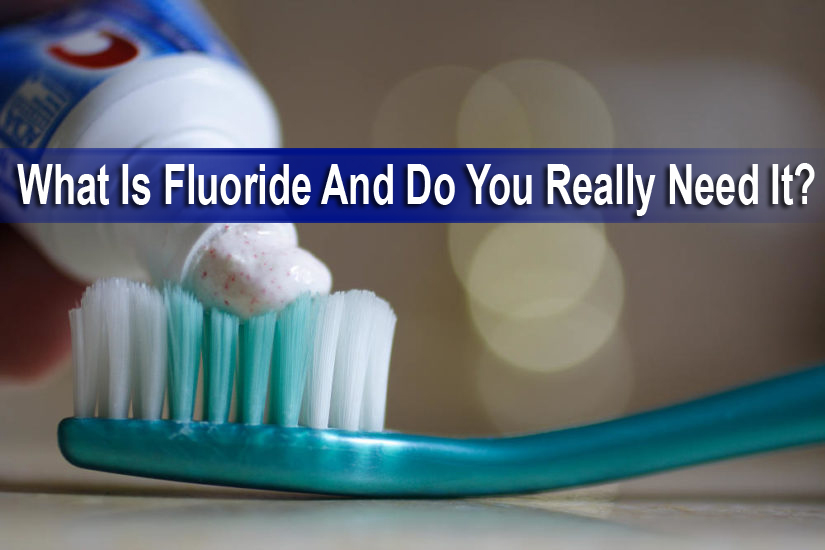What Is Fluoride And Do You Really Need It?
What is fluoride exactly?
Fluoride (often misspelled as Flouride) is a colourless, naturally-occurring mineral that can be found throughout the Earth’s surface. It can be found in solid, liquid and gas forms and, when applied in small doses, has been proven to strengthen teeth and prevent tooth decay. It’s for this reason that fluoride is often added in very small doses to the drinking water of municipalities as it has been proven to prevent cavities when compared to areas without fluoridated drinking water.
If you have been to your dentist lately for a routine dental checkup, you likely experienced a concentrated fluoride treatment which usually comes in the form of a flavoured foam and is applied to your teeth using dental trays. What’s your favourite flavour?
How does fluoride protect my teeth?
Fluoride protects teeth in a few different ways. One way is by strengthening the structure of the tooth for small children who are under seven years of age, which is still in the developmental stages for their teeth enamel. If the right amount of fluoride is applied during this period, the actual structure of the enamel is strengthened and becomes more resistant to acids. This means that, as the child grows, they will have teeth that are better protected right from the beginning.
When plaque builds up on and around teeth, the destructive bacteria within it is in direct contact with the enamel of the teeth. The bacteria slowly eats away at the enamel and weakens it by leaching vital minerals out of it. This process is called demineralization and, while the mouth naturally fixes the weakened enamel through remineralization, the natural process can become ineffective if teeth are not cleaned properly or if too much sugar enters the mouth on a regular basis.
So another way that fluoride helps to protect teeth is through remineralization. Fluoride helps to promote the process of remineralization and makes sure that the enamel which is replaced during the process is stronger and less susceptible to breakdown.
Fluoride also works against the destructive acid produced by plaque which is extremely important in preventing tooth decay. It does this by blocking some of the most harmful enzymes found in plaque and prevents them from producing the acid that weakens tooth enamel.
There have been studies that have shown how fluoride may play a further role in the development of children’s teeth. In children who consumed the suggested amount of fluoride, the grooves in their teeth, also known as fissures, were much shallower than those found in the teeth of children who did not have fluoride in their diet. Shallower fissures mean that it is less likely that food particles and harmful bacteria will get stuck in the crevices and pits in the teeth that are difficult to clean. This can result in fewer cavities and a healthier mouth overall.
How can I make sure I’m getting enough fluoride?
The most effective way to ensure that you are introducing fluoride into your mouth, and one of the most important steps in general oral care, is to brush your teeth twice each day with fluoridated toothpaste. Make sure that when you are brushing, you take the time to go over and around each tooth on all sides and along the gum line to ensure that you aren’t leaving any area uncleaned or unprotected.
Make an appointment by
calling 0925-567-5329 • 0908-865-5662 • 0917-566-1932 • 458-0717 and
schedule a consultation today.
Visit us at BRITANNIA MEDICAL CENTER - The Enclave
Enclave Complex, Fil-Am Friendship Road, Angeles City.
britanniamed@gmail.com || www.britanniamedicalcenter.ph || britanniamedicalcenter.blogspot.com
Visit us at BRITANNIA MEDICAL CENTER - The Enclave
Enclave Complex, Fil-Am Friendship Road, Angeles City.
britanniamed@gmail.com || www.britanniamedicalcenter.ph || britanniamedicalcenter.blogspot.com

No comments:
Post a Comment